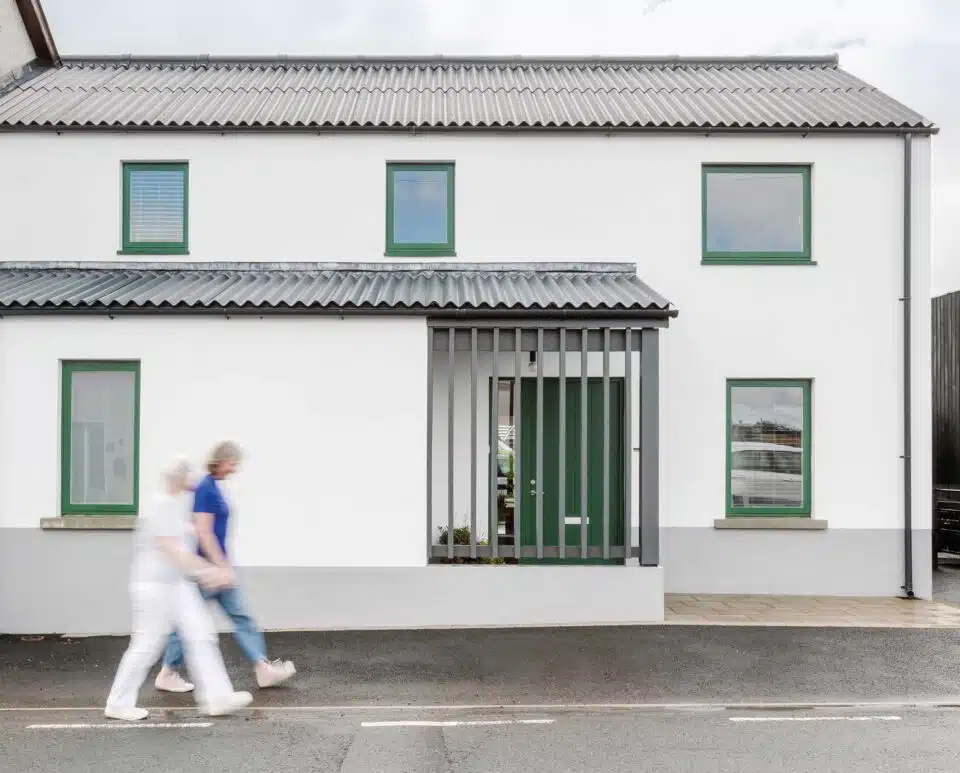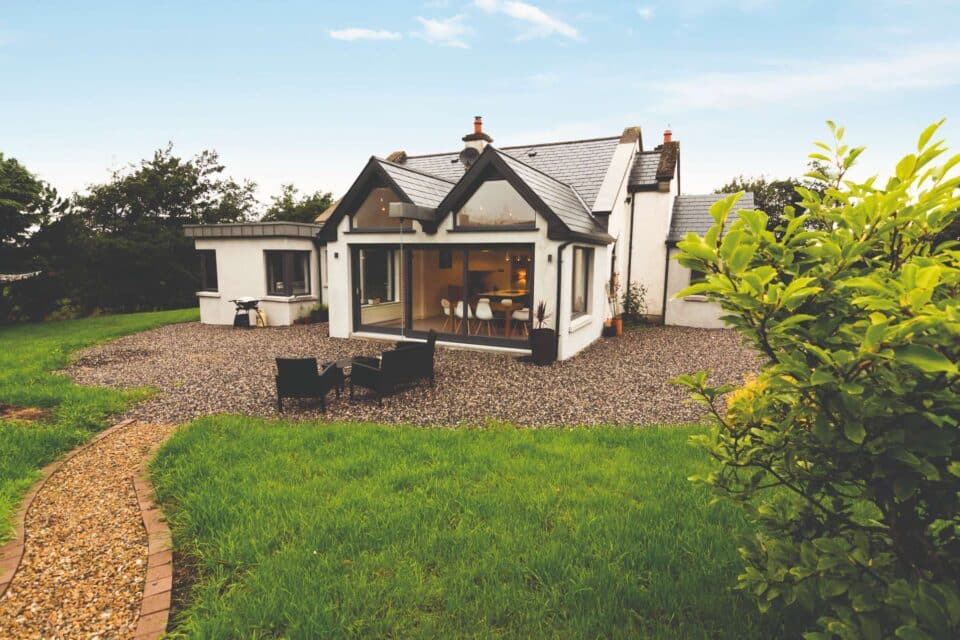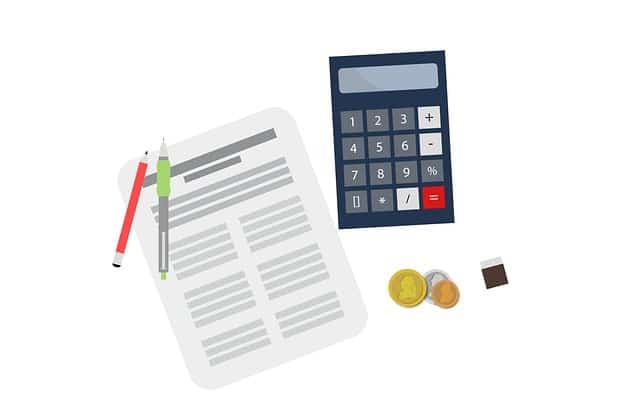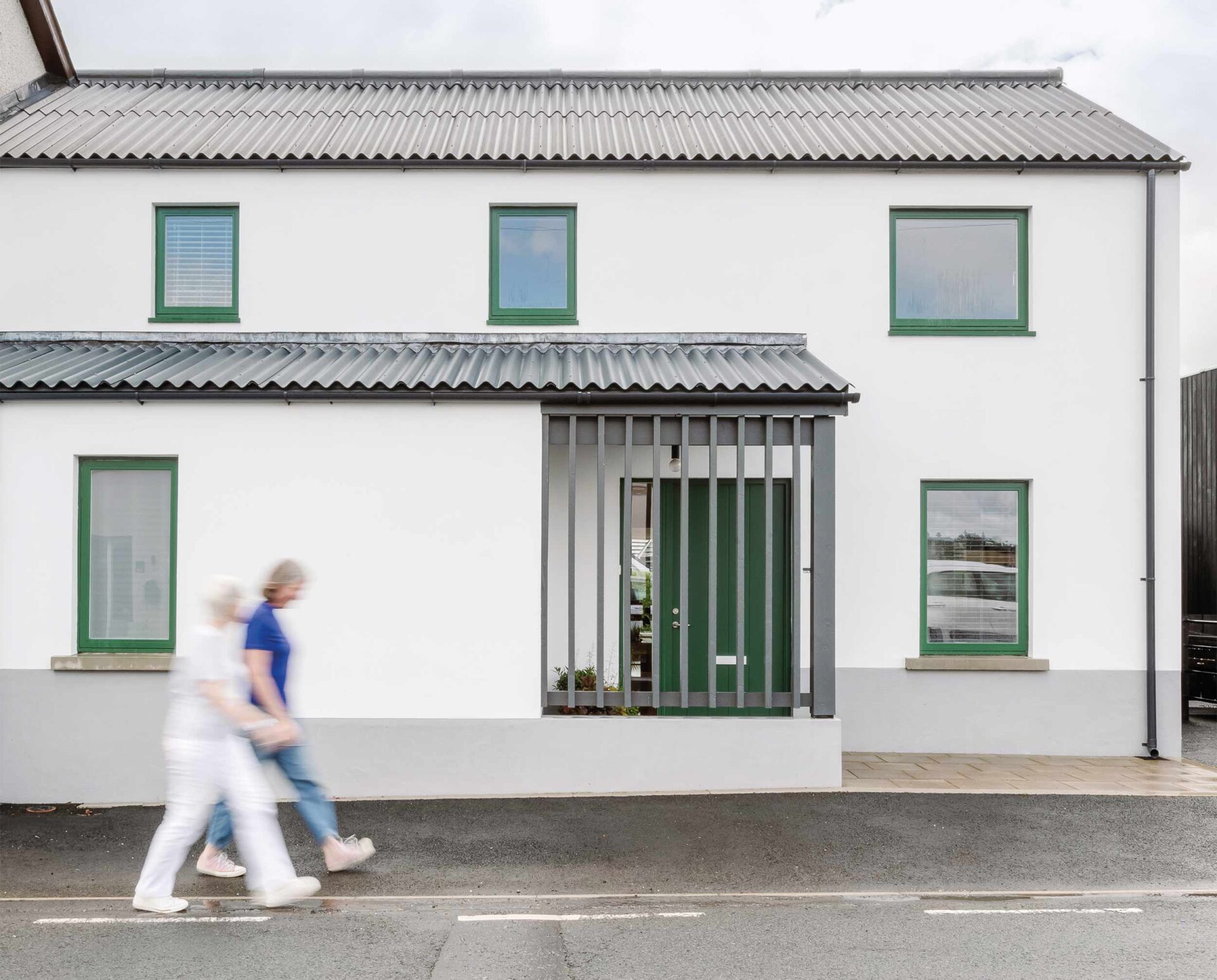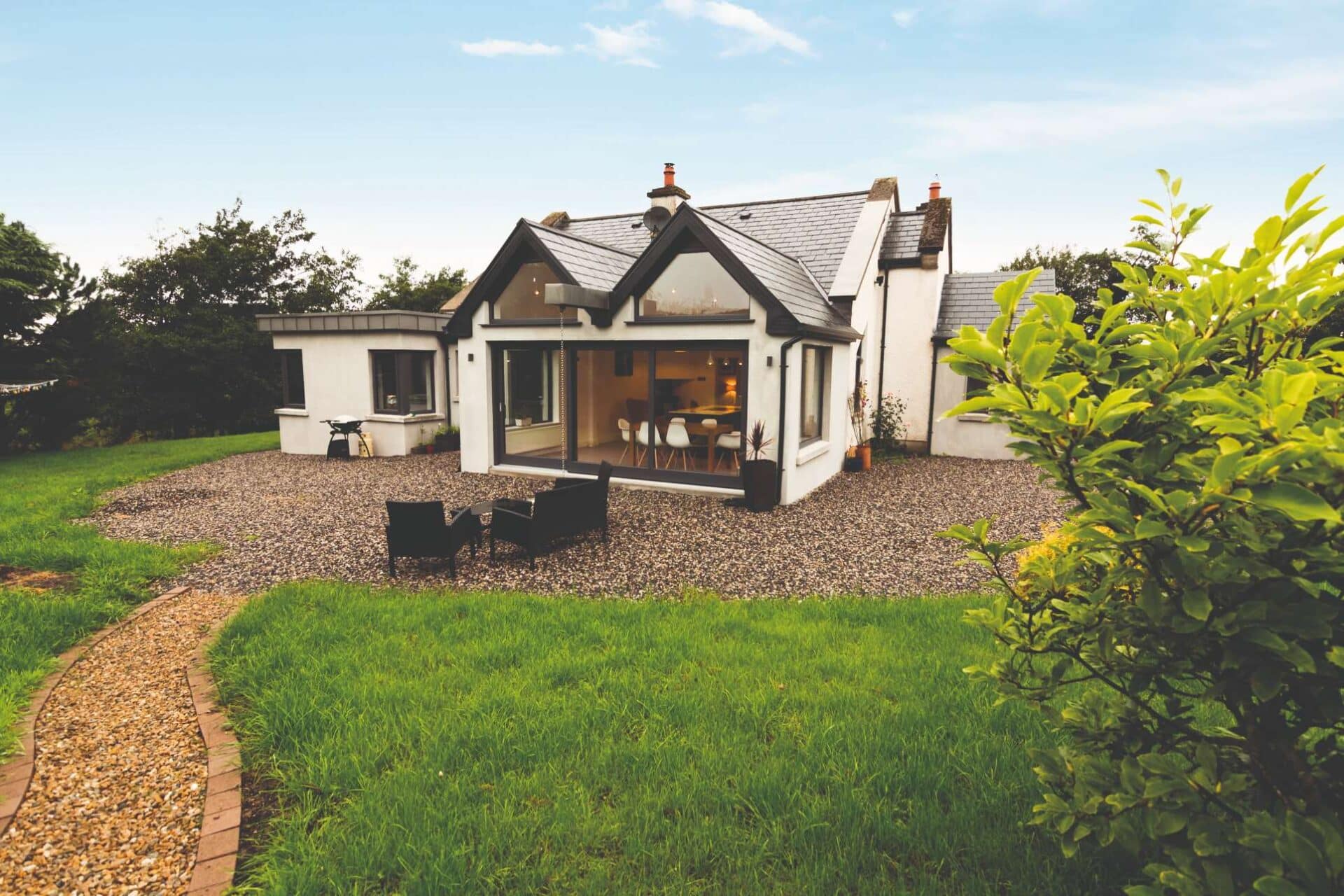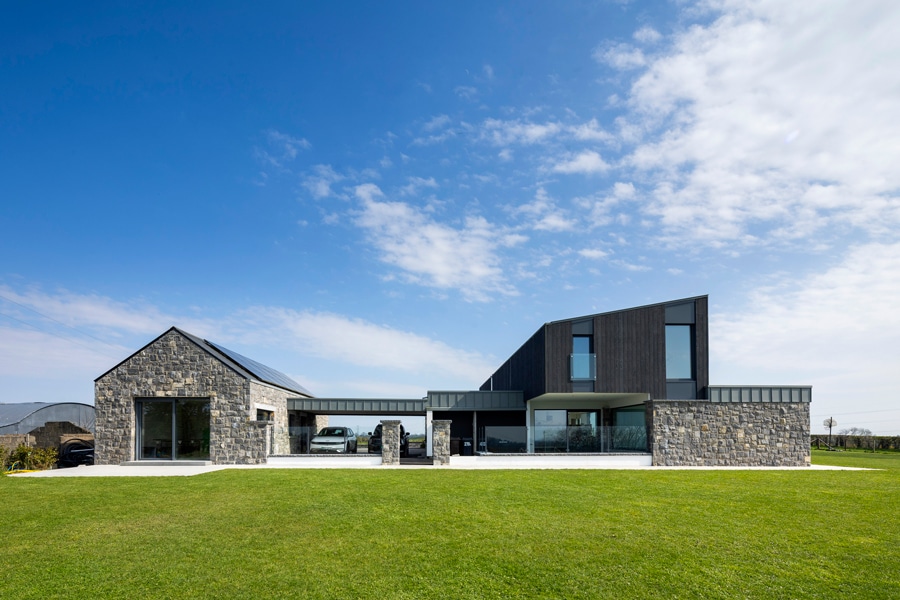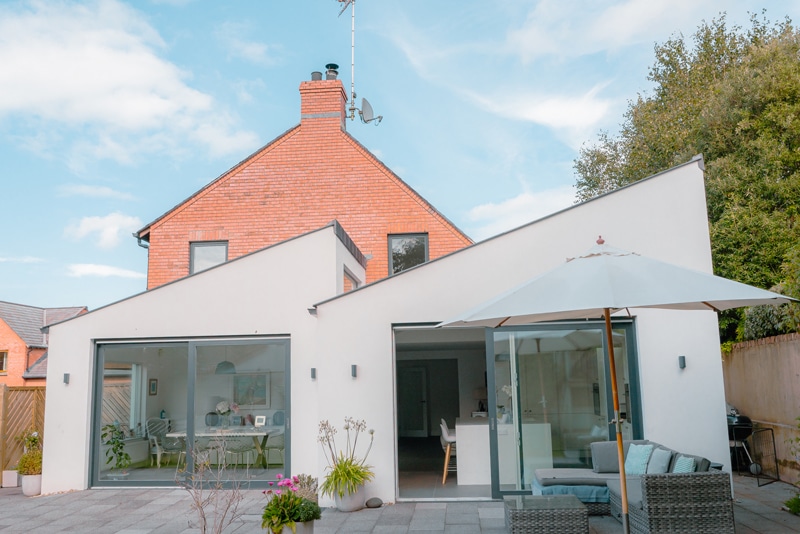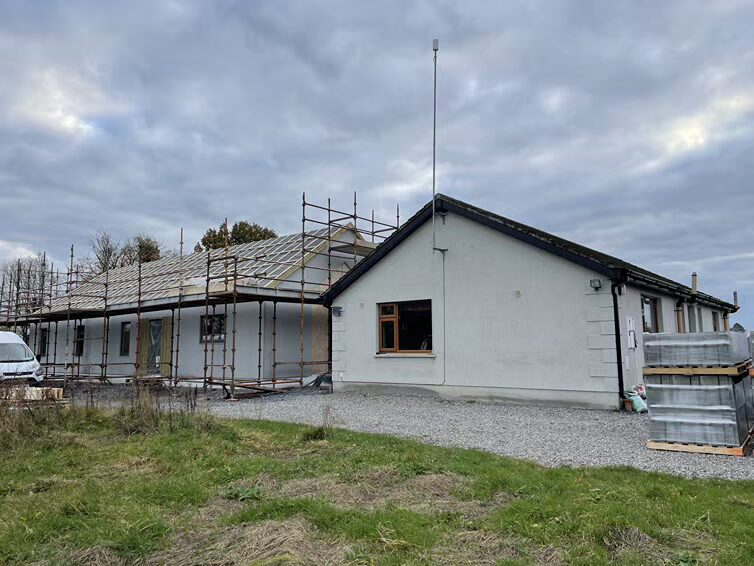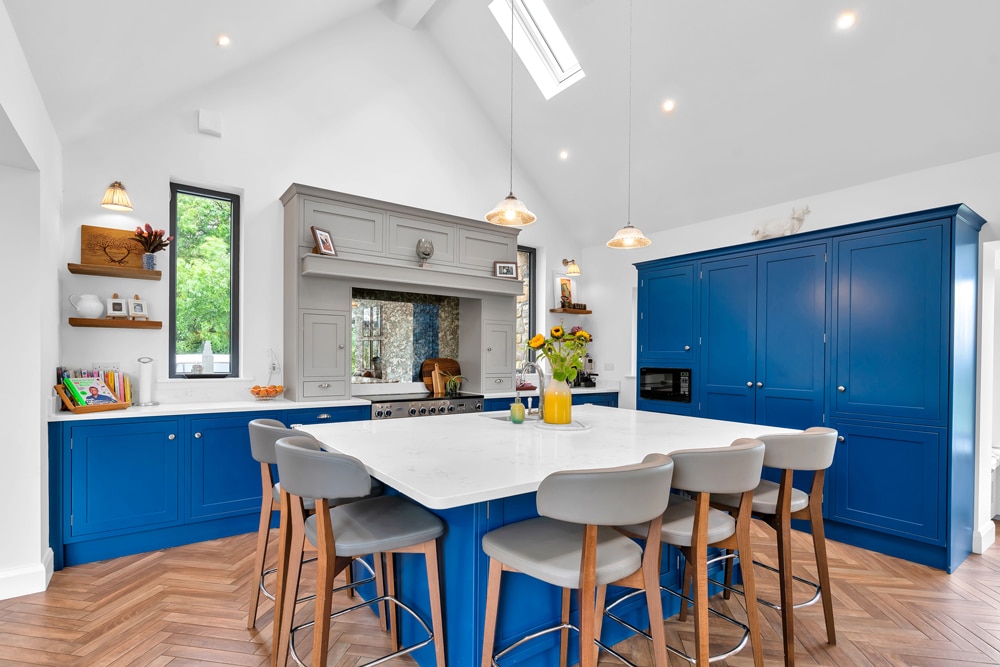In this article we cover:
- What is a contingency?
- Why you need a contingency
- How much of a contingency you need for a small and large extension
- How much of a contingency you need for a new house depending on level of experience
- Tips on how to deal with money with a partner
Q: My husband and I usually get on well dealing with money but we’re having big disagreements about how much our new build will cost. I keep telling him we’ll need a large contingency but he thinks I’m worrying too much.
Andrew says: You’re right. I’m sorry to tell him but you are right on this one. It’s not just a joke that all self-builds go over budget – much of the jeopardy we love watching on the TV building shows involves seeing by how much they’ll break the bank.
The fact is that building a new home, even with very good professional advice and a reliable main contractor, doesn’t always go according to plan. Even turnkey projects that set costs in stone from Day One can sometimes go over budget.
It’s wise to factor in your contingency fund right from the day you even start thinking about your new build. Here’s a guide to help:
- Small extension, allow 10 per cent
- Large extension, allow 15 per cent
- Totally new house build, allow 20 per cent
- Period restoration, allow 40+ per cent
- You, building your own new home, for the first time, plan for at least 50 per cent

The reasons for all this uncertainty are many, including unexpected planning issues; rising costs of materials; unavailability of critical materials or services; your inexperience in running a building project; poor supplies of labour; uncertainties with the weather; unforeseeable issues in the ground; changing your mind as you go along; your builder going bust on you; and many more.
Unless you have the ‘fat’ of a contingency fund in the system, what started as a dream can easily end up a nightmare. Building a new home isn’t like buying a TV. It’s usually a two year journey and along the way many variables can affect what you’ll actually end up paying.
The trouble is we all have different ideas of risk. The optimist will rarely want to load the budget upfront, thus reducing their expectations from the start. The pessimist (some would say realist) can’t bear the thought of worrying about cash before they’ve even got into the foundations.
As always, it makes sense to listen carefully to your partner and hear what they’re really upset about. Perhaps there are uncertainties in their work life they haven’t yet shared with you. Your assumptions about future income may not accord with theirs. Or one of you may not want to risk running out of cash because past experience has taught you how badly it affects you.
The real problem with money and self-building is that whilst what can be achieved on the build can be flexible and almost infinite in its potential, money simply isn’t this elastic. And given that we all tend to want more than we can afford, only careful and considerate listening to one another right from the start will help find the right path.


